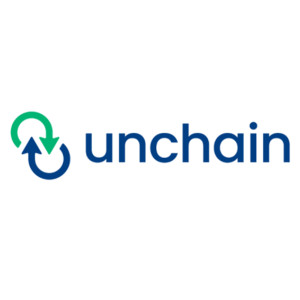 \
&
Contact us
\
&
Contact us
 \
&
Contact us
\
&
Contact us
Published on | 3 years ago
Programmes ERCThe evaluation results of the 2021 Advanced grant call have been announced by the ERC Executive Agency. €624.6 million will go to 253 researchers across Europe. 1735 applicants submitted proposals, of which 20.8% were female researchers. Amongst the researchers are 7 with a Flemish host institution.
Giselinde Kuipers, KU Leuven, “Beauty and Inequality: Physical Appearance, Symbolic Boundaries and Social Dis/advantage in Five Global Cities”, evaluation panel SH3
Diether Lambrechts, VIB VZW, “EXPANDing Immune Cells and their Tumor Antigens during checkpoint immunotherapy”, LS4
Erik Smolders, KU Leuven, “The Identification of the Reactive Pore Space in Soils”, PE10
Johan Wagemans, KU Leuven, “Gestalts Relate Aesthetic Preferences to Perceptual Analysis”, SH4
Patrik Verstreken, VIB VZW, “Synaptic resilience in Tau-induced neurodegeneration”, LS5
Peter Carmeliet, VIB VZW, “Endothelial immunosuppressive mystery genes for alternative immunotherapy: artificial intelligence-driven target discovery and lipid nanoparticle/RNA-based target validation”, LS4
Dimitri Mortelmans, Universiteit Antwerpen, “Singleton trajectories. Understanding new life course paths of young adults”, SH3
Find more information here.
We offer news and event updates, covering all domains and topics of Horizon Europe, Digital Europe & EDF (and occasionally, for ongoing projects, Horizon 2020).
Stay informed about what matters to you.
By signing up, you can opt in for e-mail notifications and get access to
a personalised dashboard that groups all news updates and event announcements in your domain(s).
Only for stakeholders located in Flanders

The UNCHAIN project, ‘urban logistics and planning: anticipating urban freight generation and demand including digitalisation of urban freight’ obtained funding from the Horizon Europe’s Mobility Cluster. The project focuses on breaking down data silos and promoting public-private data exchange across a unified European mobility data space, enabling more informed decisions and greater efficiency. The City of Mechelen is a partner in the project and takes on the role of ‘follower city’: it will work alongside the primary demonstration sites (in Madrid, Berlin and Florence) to maximize the geographical coverage and replicability of solutions across Europe. Mechelen aims to test 2 concrete solutions in the UNCHAIN project, with the aim to help addressing its current and future challenges in urban freight distribution.